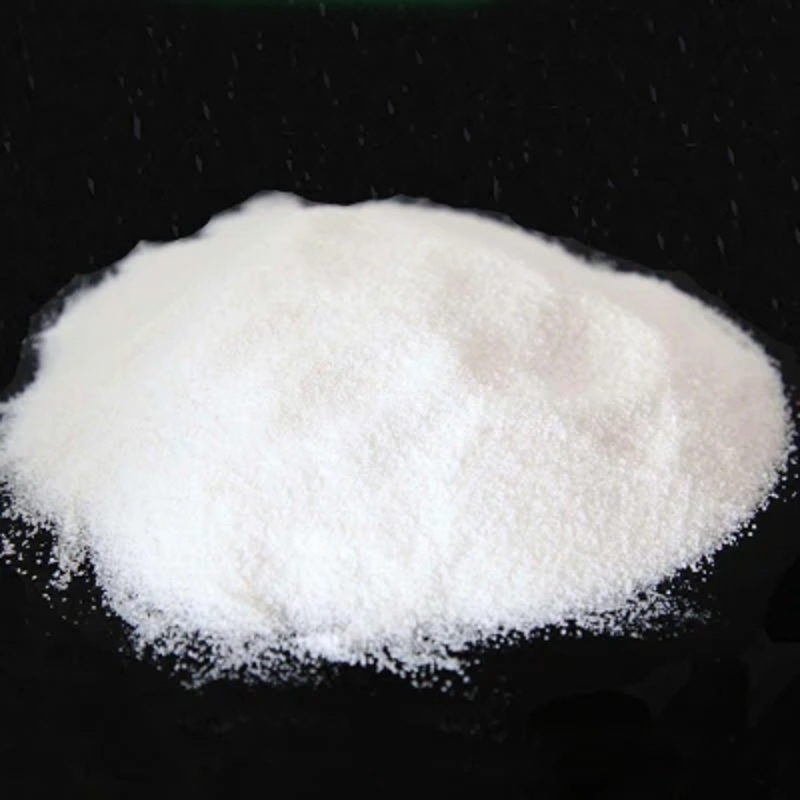-
Categories
-
Pharmaceutical Intermediates
-
Active Pharmaceutical Ingredients
-
Food Additives
- Industrial Coatings
- Agrochemicals
- Dyes and Pigments
- Surfactant
- Flavors and Fragrances
- Chemical Reagents
- Catalyst and Auxiliary
- Natural Products
- Inorganic Chemistry
-
Organic Chemistry
-
Biochemical Engineering
- Analytical Chemistry
-
Cosmetic Ingredient
- Water Treatment Chemical
-
Pharmaceutical Intermediates
Promotion
ECHEMI Mall
Wholesale
Weekly Price
Exhibition
News
-
Trade Service
to expand in the international coffee market.
Brazil's São Paulo State reported on December 7 that according to the United Nations Commodity Trade Statistics Database (UN Comtrade), the import trade of coffee beans, roasted coffee, instant coffee and other derivative products in the global market in 2020 totaled 38 billion US dollars (about 197.
8 billion reais), of which 14% came from Brazil
.
8 billion reais), of which 14% came from Brazil
.
Brazil's main coffee export markets include the United States (17% of its import market), Germany (25%), Italy (26%), Japan (25%) and Belgium (39%)
.
.
The study organizers emphasize: "Nevertheless, we still have the opportunity to continue to expand our share
in these markets.
But to do this, we need to build a broader network of tariff agreements for processed products, import more green coffee from other origins for processing, and take a range of other measures to promote Brazilian exports of more processed products (with high added value).
”
in these markets.
But to do this, we need to build a broader network of tariff agreements for processed products, import more green coffee from other origins for processing, and take a range of other measures to promote Brazilian exports of more processed products (with high added value).
”
Domestically, Fiesp believes that the sector should continue to stimulate innovative sales models in traditional household consumption patterns, such as enhancing usability, improving product quality and improving user experience
.
In consumption outside the home, the role
of coffee products in social bonding can be strengthened.
The agency also encourages coffee quality certification and the naming of various traditional or special coffee products according to the geographical area of origin to stimulate product consumption
.
.
In consumption outside the home, the role
of coffee products in social bonding can be strengthened.
The agency also encourages coffee quality certification and the naming of various traditional or special coffee products according to the geographical area of origin to stimulate product consumption
.
In addition, according to Fiesp, there are currently 264,000 coffee plantations, 1,050 coffee product processing plants and 826 wholesale commercial establishments
specializing in coffee distribution in Brazil.
Together, these businesses employ nearly 585,000 people and play an important role
in creating jobs and increasing income.
specializing in coffee distribution in Brazil.
Together, these businesses employ nearly 585,000 people and play an important role
in creating jobs and increasing income.
In 2020, the sector paid a total of R$1.
44 billion in wages and benefits, with processing companies alone providing more than R$760 million in wages and more than R$468 million in employee labor and social expenses
.
Research shows that this helps boost the development of
the cities where businesses in the sector are located.
44 billion in wages and benefits, with processing companies alone providing more than R$760 million in wages and more than R$468 million in employee labor and social expenses
.
Research shows that this helps boost the development of
the cities where businesses in the sector are located.







